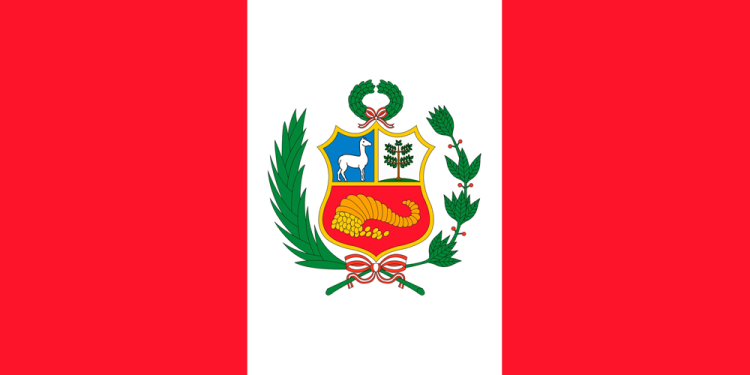Peru to Legalize Sports Betting in No More Than Two Months
Posted: September 27, 2018
Updated: September 27, 2018
Sports betting is technically not prohibited in Peru. However, there is no legal framework to regulate the market. If the bill no. 3397/2018-CE gets approved in congress, sports betting in Peru would soon be legalized by the end of 2018.

Peru currently has around 20 to 25 online and physical sports betting operators, without a law to regulate them. In August 2018, Percy Eloy Alcala Mateo of the Fuerza Popular Party submitted a bill to legalize sports betting in Peru. His efforts paid off when the bill no. 3397/2018-CE was brought before the Congress of the Republic of Peru on September 18, 2018.
At the moment, the sports betting bill still awaits the final verdict. If it is approved by both the congress and President Martin Vizcarra, the bill would be passed into a law within two months maximum, according to internet gambling news in Peru.
Important Highlights of Bill No. 3397/2018-CE
First and foremost, the Peruvian sports betting operators will be taxed 12% per month on their income. The National Customs and Tax Administration is the responsible body for inspection and tax collection. As part of the legalized sports betting in Peru, the Ministry of Foreign Commerce and Tourism will control and supervise the market activities.
On the other hand, guarantees are expected to be paid by the sports betting operators in order to cover payouts or penalties. According to the bill, the guarantee amount is set at 166,210 US dollars. Many Peruvian operators are against the quoted amount. They are suggesting that the guarantee money should be reduced to one third.
What Difference Can Legalized Sports Betting in Peru Make?
Over the past five years, the Peruvian sports betting scene has grown significantly. The market is expected to grow even further. By making sports betting legal in Peru, the government will have another major source of income through tax. Ideally, the tax money would be used to benefit Peruvian citizens in forms of healthcare, social security and national defense among others.












